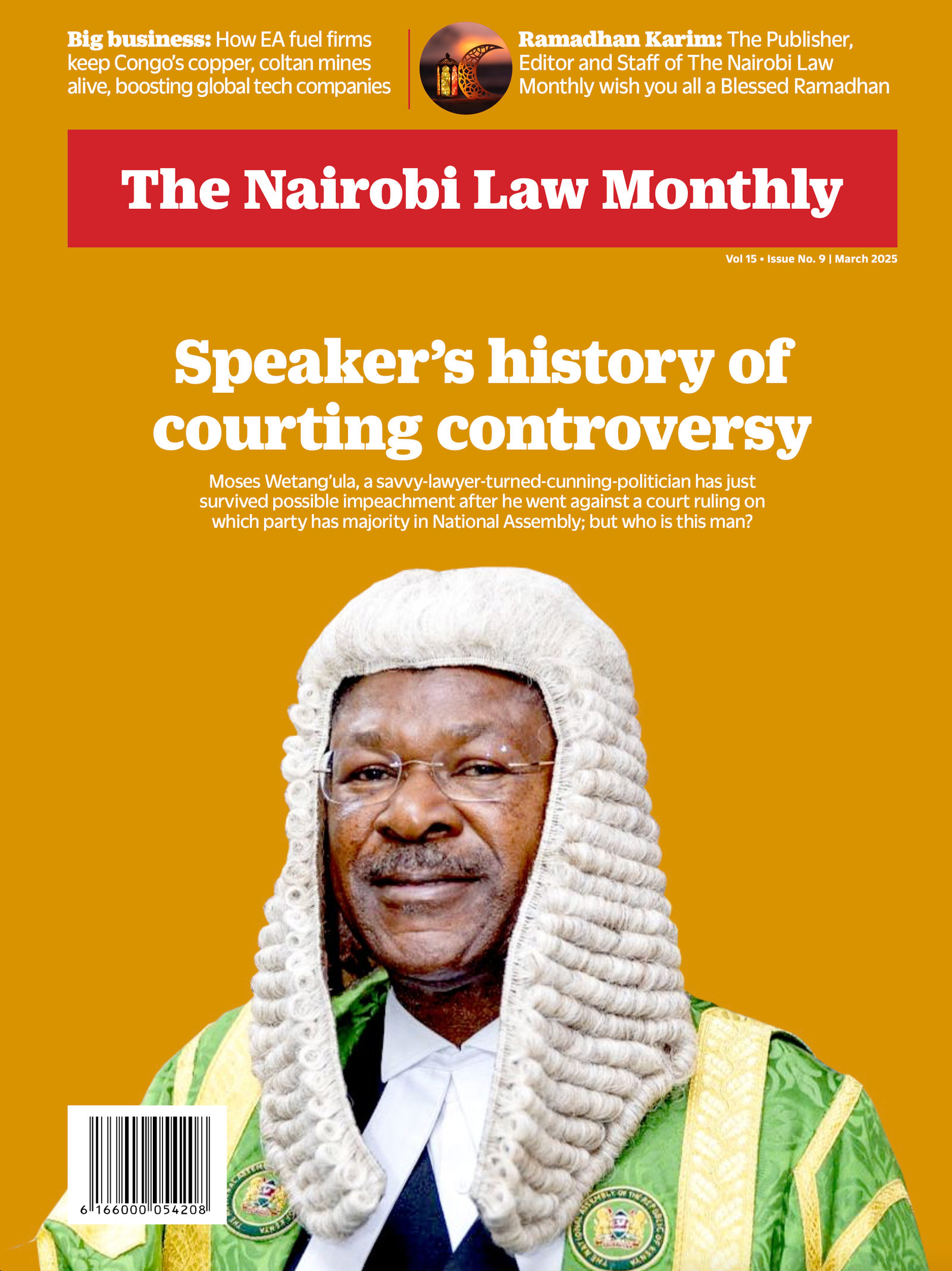Few research findings could be more topically and critically important than any bearing on the question of to what extent a country’s peoples consider themselves bound together as one political community, i.e., the nation-state in which they hold their citizenship. Available evidence has surfaced of severe, even dangerous, polarization in so many countries around the globe. Further, at least a steady incremental decline in democratic global democratic practice over the last fifteen years, including in sub-Saharan Africa, is doubly worrisome. The incremental resurgence of authoritarian political behaviour and democratic decline it reflects is unwelcome.
But more deeply worrisome is the fact that the viability of democracy in a country requires that competitors for power also share consensus on fundamental rules of the game for their competition, thereby signalling their consent to sharing membership in the states in which they find themselves. The fragility of most sub-Saharan African states warns inter alia that the weakness of that consensus and, therefore, the potential for serious polarization on divisive issues threatens to tear dangerously at this necessary residual consensus.
So, it is particularly timely that Afrobarometer has just published Ties that Bind: Evidence of Unity and Division in 34 African Countries based on its eighth round of citizen surveys in 2019-21 in 34 African countries.
The report identifies many significant dimensions of both consensus and polarity, including several that bear directly on the varied resilient and/or fragile condition of African states themselves. Specifically, this report, combined, with data from earlier Afrobarometer’s sixth and seventh-round surveys, respectively in 2011-13 and 2016-18, present evidence both of sustained commitments by citizens to membership in their respective nation-states, arbitrarily configured as they have always been, but also disturbing indications that these commitments have been under significant strain over at least the past decade. For Kenya, in particular, the new and the older reports are significant because they span the decade since the country’s passage of its model and very hard-won 2010 democratic Constitution.
One of the most telling measures of African citizens’ shared commitment to continued membership in their nation-state political communities after six decades of independence, in most cases, is the extent to which they feel complete, or at least predominant, commitment to that community as distinct from residual of predominant commitment to their pre-independence, pre-colonial ethnic communities. A consequence of the arbitrariness of colonially established country political boundaries has been that consent of pre-colonial ethnic communities, or parts of those communities, to share membership in those arbitrarily configured states has had to be continually cultivated, not just presumed. I think it fair to credit nationalist movements for independence from colonial rule with giving those ethnic communities reasons to be governed together in the independent states they established. As an aside, Ethiopia is of particular interest in this regard because, as a former empire, it never experienced any such integrating political movement, raising the stakes for the country’s future in its present circumstances.
A major finding of the new Afrobarometer report is that less than a majority of citizens in 27 countries participating in all three surveys felt total or predominant commitment to the nation-state communities in which they find themselves. In the 2011-13 survey in these 27 countries, 47% of citizens felt total or predominant commitment to the national community. That number slipped to 42 percent in the 2016-18 survey and only 39 percent in 2019-21. In the new report, only four countries reported total or predominant majority assent to membership in their nation-state communities as distinct from their residual ethnic affiliations: Guinea, Tanzania, Niger, and, for all its decade-long disarray, Mali (which actually recovered its majority after losing it in the 2016-18 survey). Along with Togo, Kenya lost that majority in 2019-21, dropping to 38 percent from scores of 54 percent in 2016-18 and 56 percent in 2011-13. By contrast,13 countries claimed majorities in 2011-13. Participating only in 2019-21, Ethiopia reported only 29 percent.
Lurking in these findings is an important, seldom-addressed issue of political theory. In common usage, the state is treated as though it is synonymous with government and, thereby, with the instruments of coercion, following early 20th Century German philosopher Max Weber’s definition: a monopoly of coercive power within a compulsory territorially defined political community. This definition fits poorly with democracy’s roots in late 17th and18th Century Lockean social contract theory, which establishes the state as a voluntary social compact based on which government is instituted by a further contract. The Weberian definition would be derivative, coming into being only after the state is established on Lockean
foundations.
The Lockean definition supplies a more useful basis than the Weberian definition for assessing the significance of dimensions of unity and divisiveness outlined in the Afrobarometer report for the political health of the African state. (
— Prof Harbeson is a professor of Political Science Emeritus and a professorial lecturer for the African Studies Program, Johns Hopkins University.


